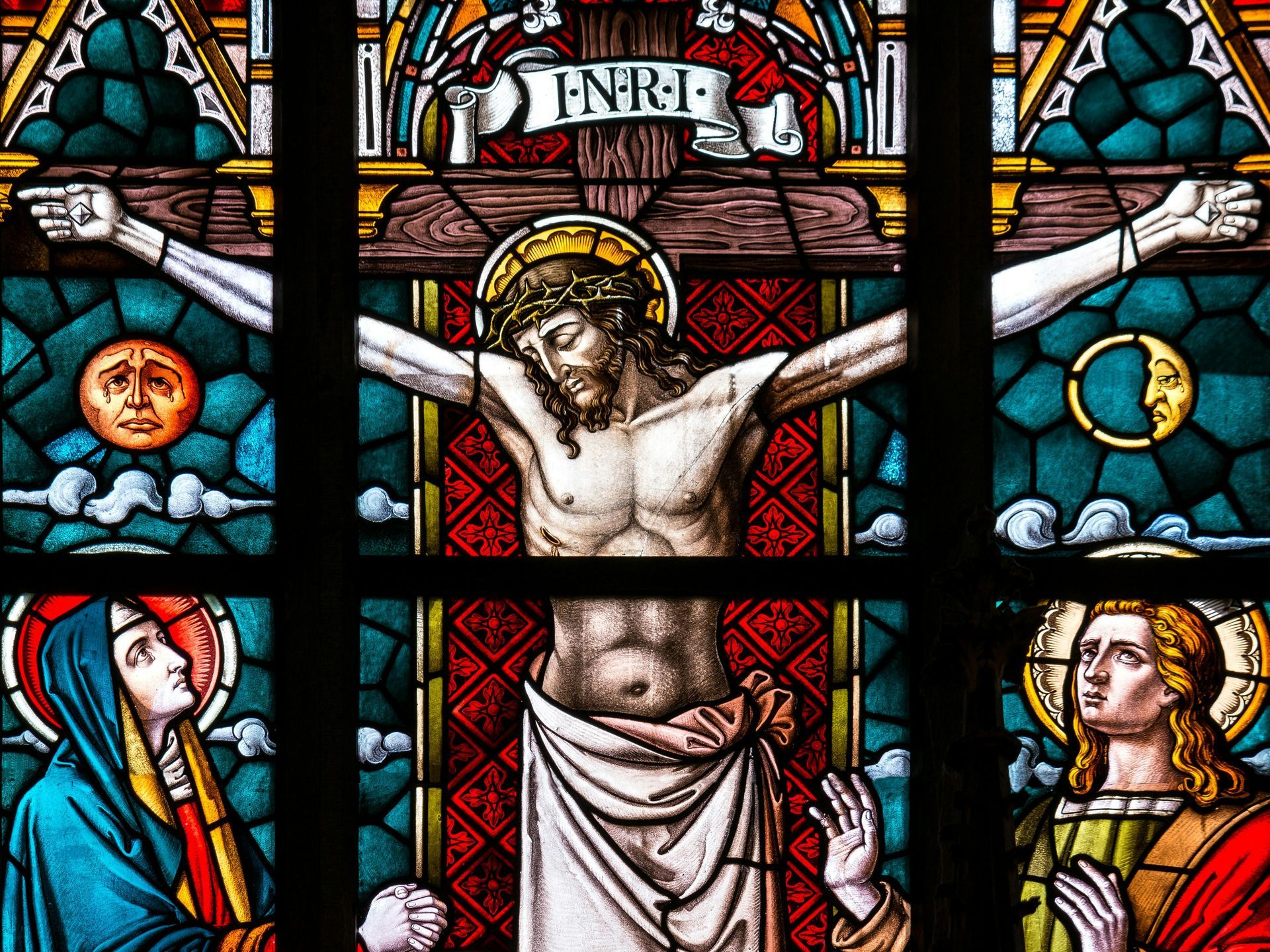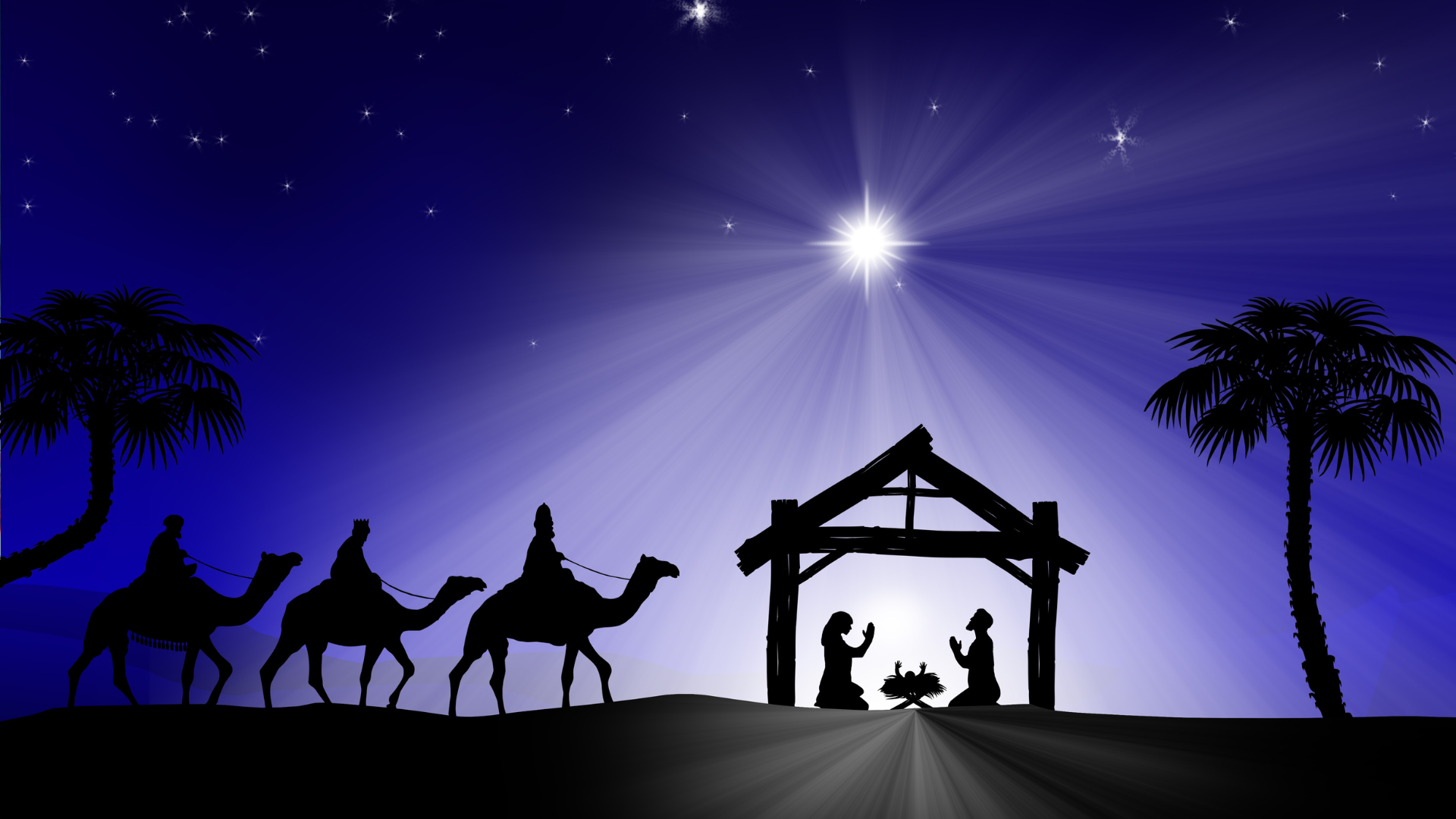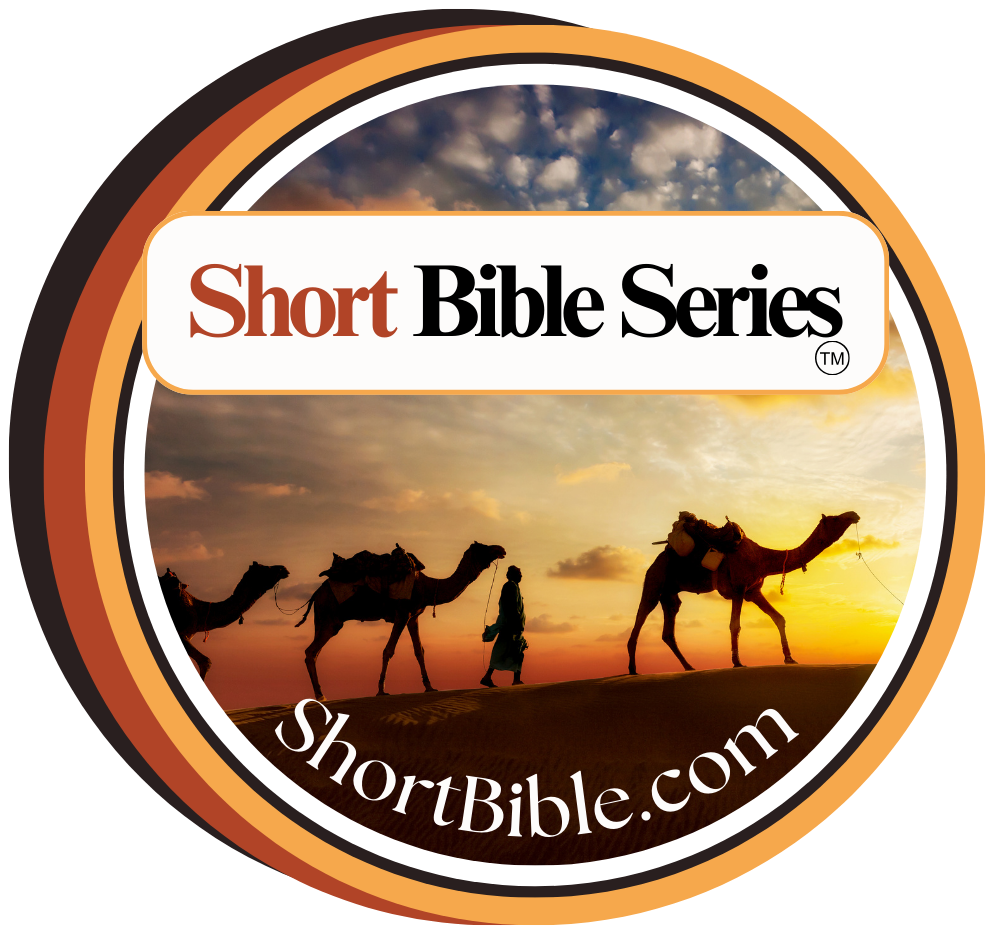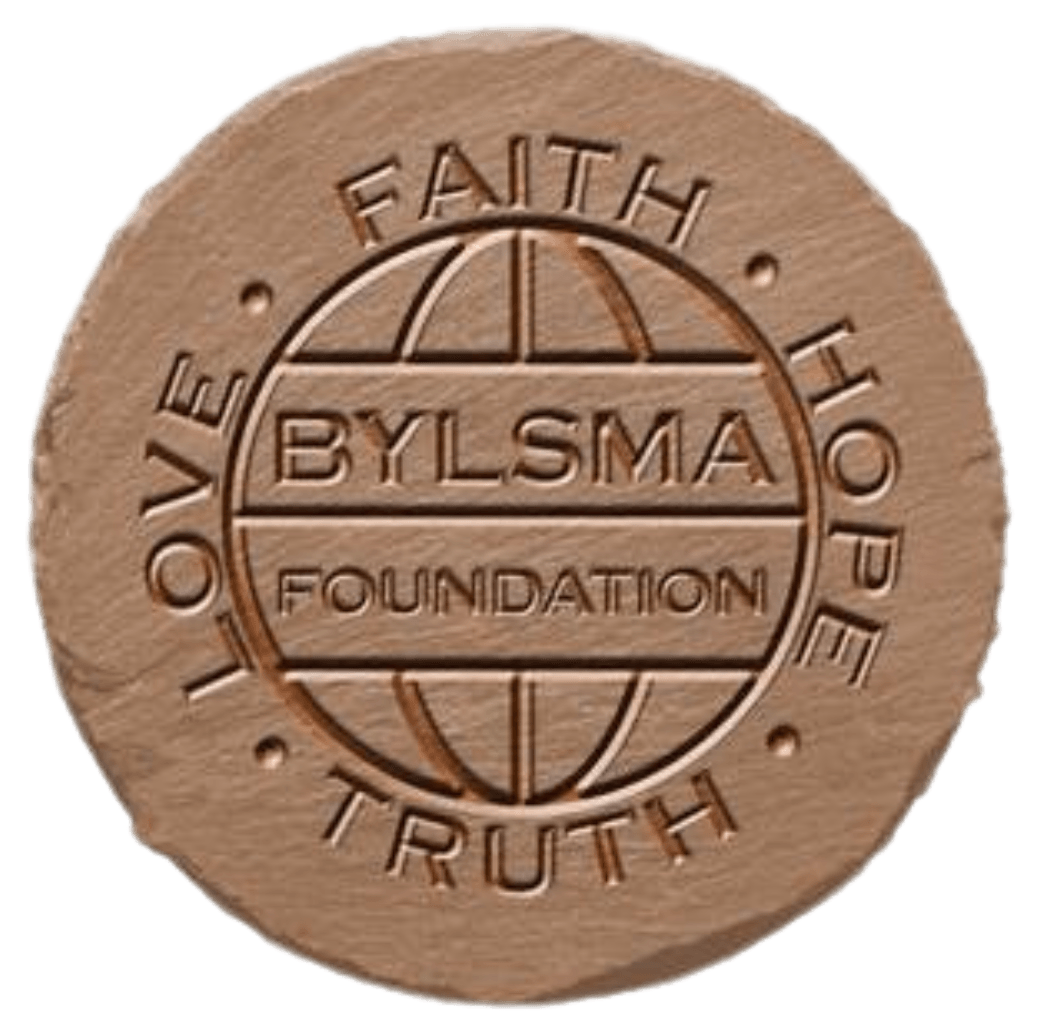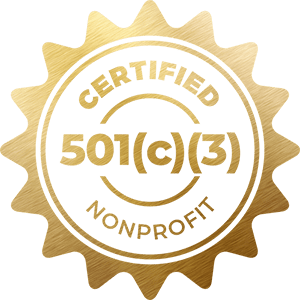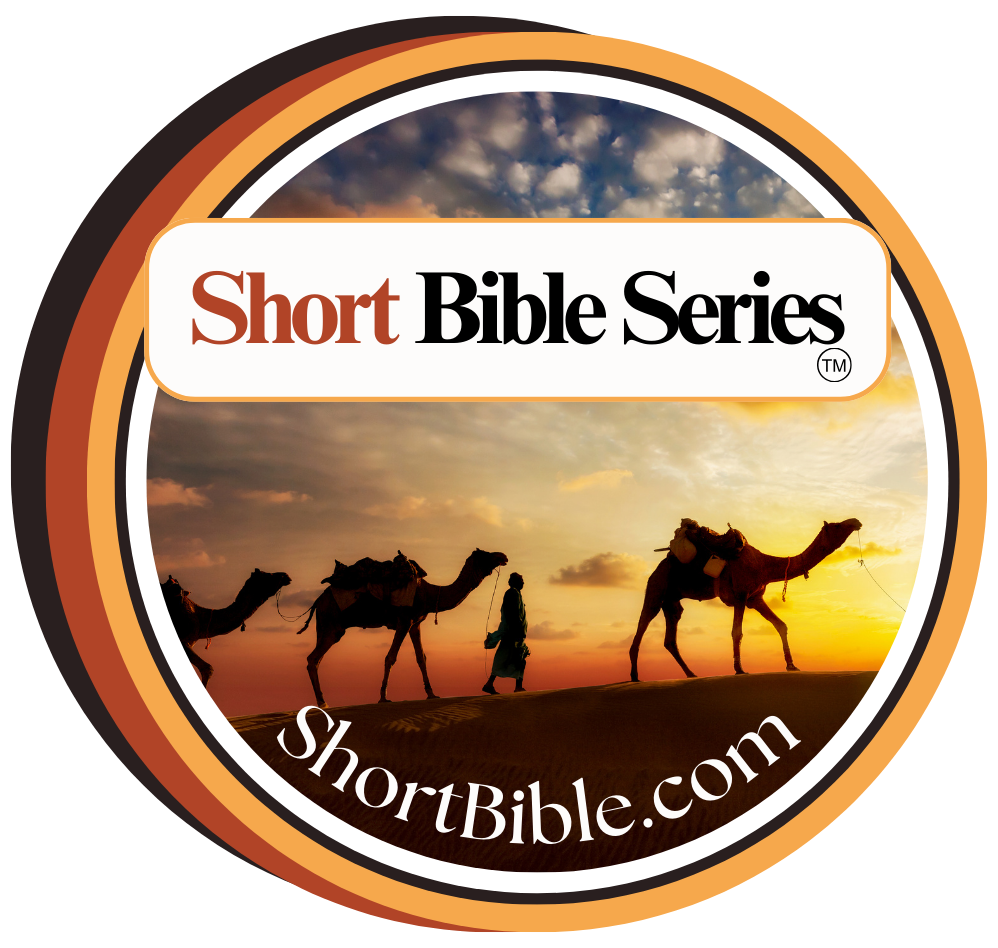Bylsma’s Bible Blogs
#14 Science and Truth

This article is adapted from Chapter 8, Science, Truth, and Miracles, in The Bible I Never Knew: A Closer Look at Christianity’s Main Themes (Dr. Peter Bylsma, Byblio Press, 2024).
Science and religion are often seen as polar opposites on the “truth” spectrum, but this is based on a misunderstanding of both. In fact, they complement each other.
Science is a general field of study of different parts of the world (the natural and social sciences) and has many fields and subfields that sometimes overlap (e.g., paleontology combines biology, geology, and history). The goal of science is to understand the truth about the universe and our interactions with nature and each other in order improve the quality of life on earth.
The scientific process is a method of learning to discover the truth about a topic. It uses tools and techniques that are used in many fields of research (e.g., pictures, audio recordings, math, statistics). The goal of research is to collect evidence that leads us to a better understanding of a specific topic, which can lead to making more accurate predictions, better decisions, and better products for the world to use.
Science and the scientific process are politically neutral. The knowledge gained has been used for evil and selfish purposes, and biased studies and research that support a particular point of view are dangerous despite their disguise as authoritative truth. However, what we have learned has increased our understanding of the world and improved our standard of living, which have brought about many positive changes. The work of science and the methods its uses should always be transparent so others can check and replicate the findings to verify the truthfulness of the claims.
Historically, the church has been suspicious of science and its methods because they sometimes appear to undermine religious faith. For example, the Scopes “monkey trial” in 1925 pitted science and the teaching of evolution against literal interpretations of creation described in the Bible. A Tennessee state law prohibited the teaching of evolution, and the trial was broadcasted nationally by radio. A highly critical journalist ridiculed Biblical teachings during the trial, which caused some Christians to oppose science and the press because they were seen as anti-Christian forces. A “fortress” mentality developed among some Christian groups who felt the faith was being attacked, and they thought true believers needed to be protected from sinful and unorthodox influences in the world. These groups viewed science, the press, and intellectuals as secular forces that opposed the faith.
But the Bible is full of different types of literary devices, and the context of what was written must be taken into account. Thus, not everything in the Bible is to be taken literally — something can be true without being factual. Some stories in the Bible were told to make a point rather than report actual facts or events.
For example, our investigation of the universe and its properties reveals it is billions of years old, and through natural processes, it has taken almost all that time for conditions on earth to be ready for productive human activity. The idea that the world would only be a few thousand years old but was made to look billions of years old would mean God created the universe as a giant hoax. Time is part of God’s creation, and God uses time to create change.[1] Genesis 1 says God created the world over time, which was to “bring forth” life using natural processes. A belief in a divine creation doesn’t rule out the validity of ideas and theories about how life changed on earth over time. Pierre Teilhard de Chardin, a paleontologist and Jesuit priest, noted that evolution is a process in which simple things become more complex. It’s humbling to realize a powerful God made an amazing universe that is constantly changing.
Science, with its pursuit of truth, and religion complement one another. Science reveals the majesty of God’s creation that has natural laws throughout the universe. Everywhere we look, the laws of physics are the same. Albert Einstein wrote, “The most incomprehensible thing about the world is that it is comprehensible.” The natural world is exceedingly complex, but it’s also somewhat predictable, so it can be studied, understood, and changed. The world makes sense and reflects a knowable God. In addition, the earth appears to have been uniquely created over time specifically so humans can thrive, which makes it different from anything else in the universe.
In an age where our scientific knowledge helps us create all types of inventions and technologies, religion should raise moral and ethical questions about their use. This applies to different types of weapons used in war and medical questions related to the beginning, middle, and end of life (e.g., cloning, genetic engineering, fertility, organ and tissue donations and transplants, life support, and assisted suicide). Since science and technology can be used for both good and evil purposes, decisions about if and when certain procedures should be conducted require collaboration with theologians and scientists sitting at the same table. We should have neither uncritical devotion to our past beliefs nor uncritical enthusiasm for new ideas and methods. Our pursuit of knowledge and progress must be guided by a moral compass in order to avoid creating forces that can destroy life and the earth.
[1] On earth, a “day” is 24 hours because that’s how long it takes for our planet to rotate one time. But other planets take more time, so the term “day” is relative. We should not insist on interpreting the word “day” as a literal 24-hour period — this would define time in the entire universe in terms of our own ideas of hours and days. The days of creation are commonly interpreted as meaning a long period of time.
Bylsma’s Bible Blogs
